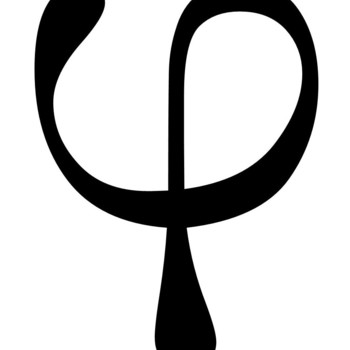How do you find the derivative of #ln(ln x^2)#?
2 Answers
May 1, 2018
Explanation:
We have:
According to the chain rule,
Here,
Since
Here,
Since
Since
May 1, 2018
Explanation:
We can use chain rule here. We can write
then
and using chain rule as
=
=
=
Hence

